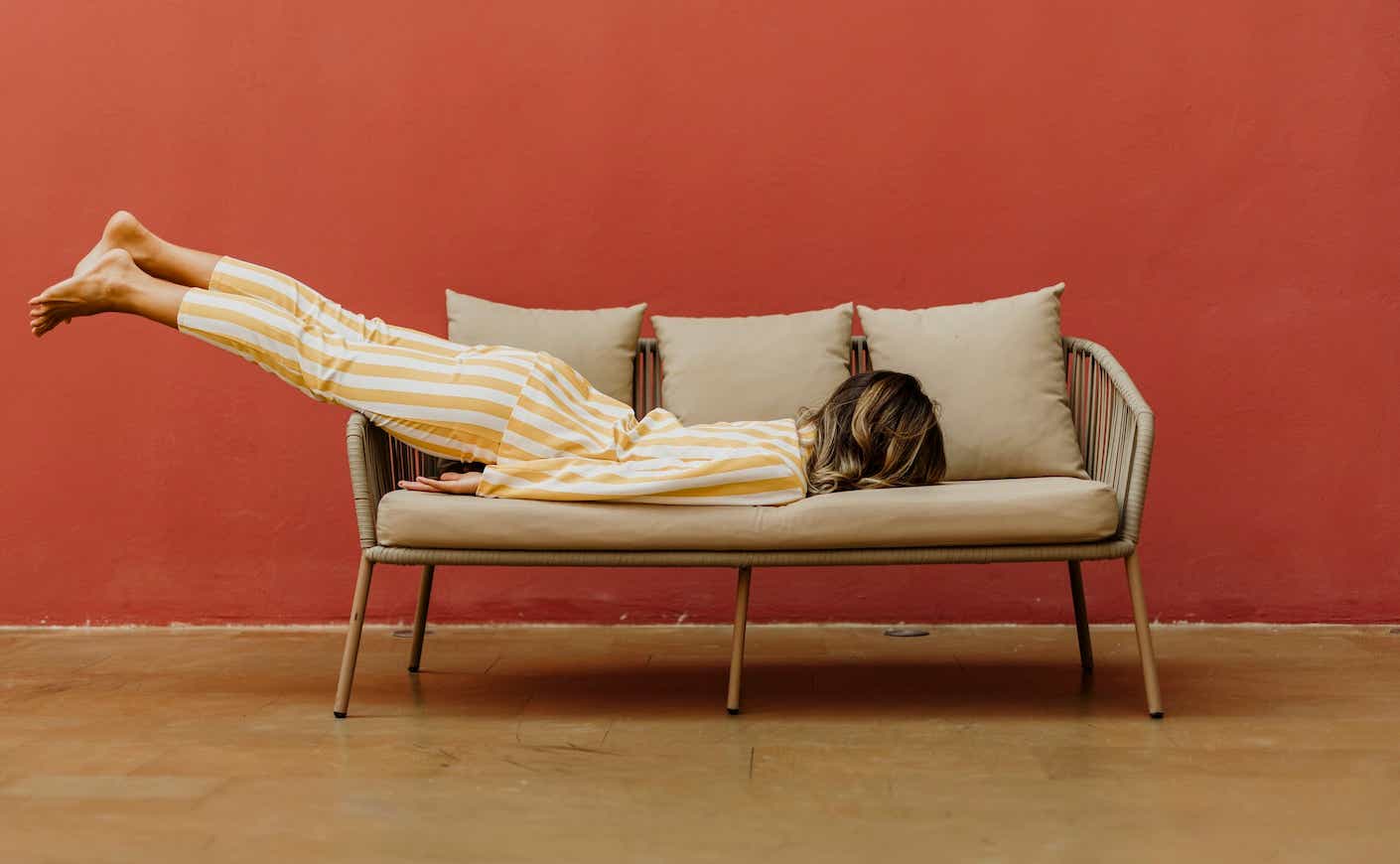When it comes to health, we love a round number: 10,000 steps, eight 8-ounce glasses of water, and, of course, 8 hours of sleep a night. These are simple, memorable targets that if met can guide us to better health. That’s the hope at least; the reality is a little fuzzier.
Research has poked holes in the maxims for water and exercise, but the golden rule for sleep mostly holds up, says Wendy Troxel, Ph.D., a sleep researcher at the RAND Corporation. For the majority of our lives, we need between 7 to 9 hours a night to thrive. But that number does fluctuate as we age, Dr. Troxel says.
How much sleep do you need by age?
Obviously, as children grow they require a ton of rest. Babies spend more than half their time dozing off because sleep helps their brains rapidly develop and their bodies become larger and stronger with each week. According to the National Institute of Health, little ones up to a year old should get between 12 to 16 hours of sleep a day. Kids need less and less sleep as they get older, but even into adolescence they still need quite a bit more than the average adult, Dr. Troxel says. From the ages of 13 to 18, teens should get 8 to 10 hours of shut-eye each night, the NIH says.
Is six hours of sleep enough for adults?
As we mature, our sleep needs plateau: For most of our adult lives, until we hit 65, 7 to 9 hours will suffice. After that, Dr. Troxel says, we need just slightly less — between 7 to 8 hours.
It’s a persistent myth that older adults can operate on a lot less sleep. “But that’s really not the case,” Dr. Troxel says. “They simply often fail to get the sleep they need.”
How we sleep changes as we get older
Most of us know a senior who rises at the crack of dawn and then nods off the rest of the day. Or if you’ve ever raised a teenager, you’re familiar with the struggle that comes with dragging them out of bed in the morning. These aren’t just stereotypes though; our circadian rhythms (or the body’s internal clock) really do shift over time, Dr. Troxel says.
“Teenagers experience a biologically driven delay in their circadian clocks,” she says. This means that they’re essentially hardwired to be night owls, to both “stay awake later and sleep in later.”
The delay is about two hours behind the average adult, Dr. Troxel says. It’s caused by their deferred release of melatonin, the hormone responsible for making us feel drowsy before bed. This naturally pushes them out of alignment with most work or even school schedules, which is why Dr. Troxel has advocated that classes nationwide start later.
But as we age, we produce less melatonin and by the time we reach our 60s and 70s, that can make it harder to get a satisfying night of rest. With less of this hormone circulating within us, seniors are more likely to miss out on the deep restorative stages of sleep that are essential for cognitive function and memory, keeping the immune system strong, and a whole host of other things. It also means they usually wake more easily during the night and earlier in the morning. Melatonin isn’t the only thing at fault here though, Dr. Troxel says. Issues like menopause, chronic illness, or nocturia — a condition characterized by frequently needing to pee during the night — are also more likely to keep older people up at night. Sadly, as many as 50 percent of older Americans report insomnia symptoms, studies indicate.
Sleep tips for older adults
But these physiological changes don’t mean that older people are condemned to crummy sleep, Dr. Troxel says. There are plenty of lifestyle changes you can make to help you drift off and stay peacefully adrift through the night. The first, she says, is to, as often as possible, rise around the same time each morning.
“The wake-up time is the single most important cue for setting our internal biological clocks,” Dr. Troxel tells us. “So if you really lock that in, you’re preparing yourself for sleep success at night.”
The second thing you can do is get active. Exercising is critical for a bunch of different reasons, but exerting ourselves by going for a brisk walk or doing a quick workout routine tires us out and at the end of the day makes us want to crawl into bed, Dr. Troxel says.
It’s also hugely beneficial to create a reliable wind-down routine. Too often we’re racing through our days — chatting with friends, checking emails, chasing down grandkids — and bedtime kinda just sneaks up on us. There’s an expectation that “your brain will just automatically shut off when the lights switch off,” she says. “That’s simply not how sleep works.”
“You have to be willing to prepare the mind and the body to enter the vulnerable state of sleep,” Dr. Troxel says.
The best way to do that is to preserve an hour or even half an hour before hitting the hay to do something relaxing — like reading a good book or cuddling with your partner — ideally with the lights turned low. And on the nights when you do find yourself awake at 3 a.m., unable to turn your mind off, Dr. Troxel recommends getting out of bed, going to another room and doing something peaceful that you enjoy in low light.
“The key is to break the habit of thinking and worrying and stressing about not sleeping because when that happens, that actually becomes a perpetuating factor and it can actually increase the risk of developing clinical insomnia,” she says.
Moral of the story? Don't underestimate the power of rest.









